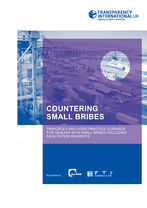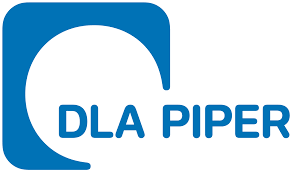Description
www.dlapipertradefinance.com
DLA Piper is a global law firm operating through various separate and distinct legal entities.
Further details of these entities can be found at www.dlapiper.com
Copyright © 2014 DLA Piper. All rights reserved. | AUG14 | 2786262
.













